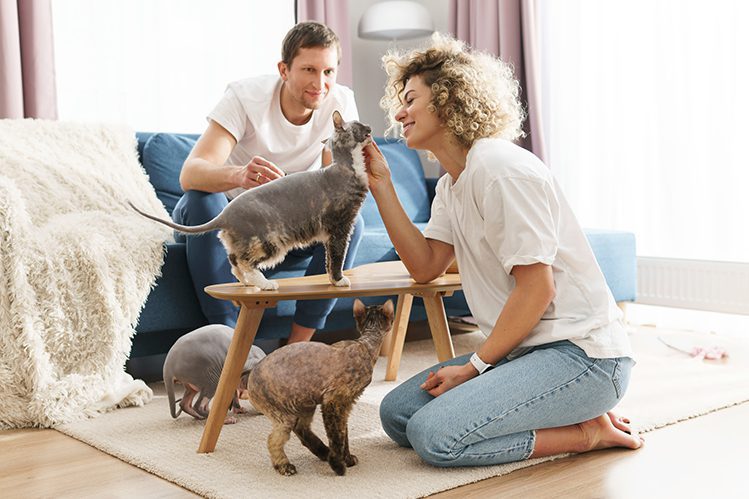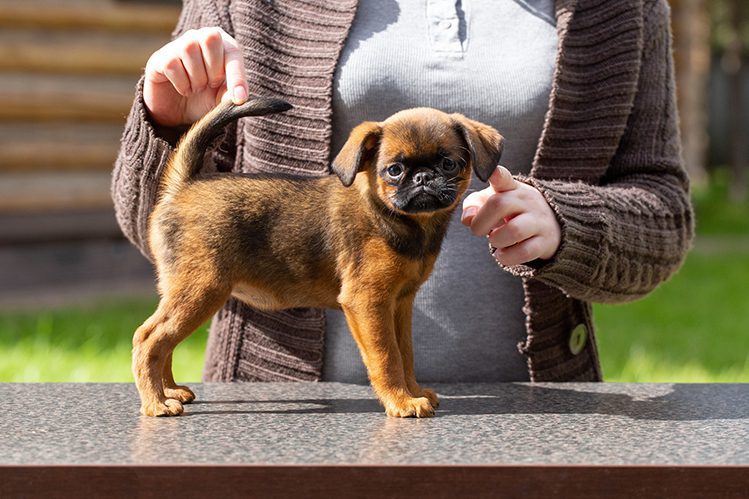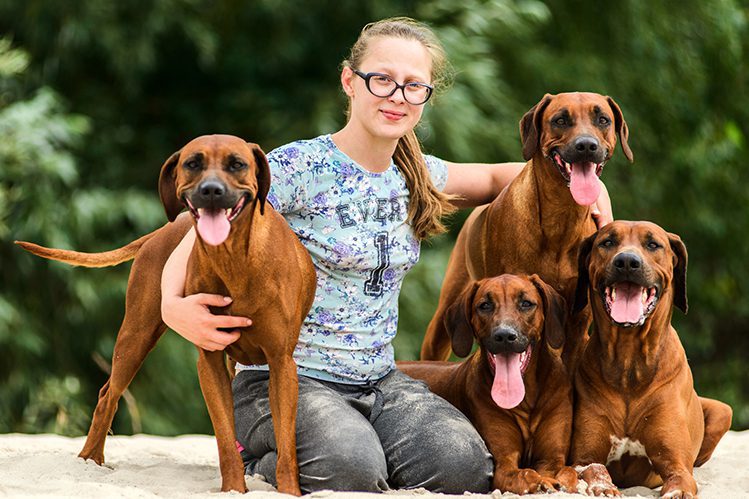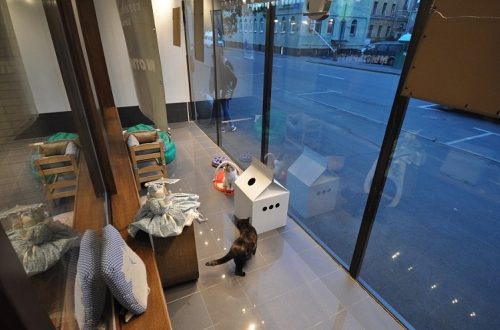
How to choose a breeder
Decided to get a thoroughbred puppy or kitten? Congratulations, you will soon have a new family member in your house! But finding a conscientious breeder is not so easy.
Let’s figure out how to choose a breeder, what you should pay attention to and what should immediately alert you.
How to choose a dog and cat breeder?
First, contact a breeder who has already established a good reputation. You can ask your friends or follow the advice of people from the Internet. The presence of multiple positive reviews is already an indicator. But do not trust reviews from newspapers or magazines or from the breeder’s website. These reviews can be easily faked.
Secondly, stop at a breeder with a specialized education or at least extensive work experience. It’s great if a person has a veterinary, zoological, cynological or felinological education. This means that the specialist is not just engaged in breeding, but knows the physiological characteristics of his breed and can, in which case, provide professional assistance to adults or their babies.
Thirdly, the breeder is a member of a cynological or felinological club – it depends on who he breeds, dogs or cats. Also, a person must have his own animals, with which he participates in exhibitions. This is an indicator that the breeder adheres to the breed standard and is able to breed offspring without disqualifying defects.
Fourth, the specialist must make a good impression as a person. Be sure to listen to your intuition when dealing with a breeder. It’s great if a specialist carefully asks you about living conditions, experience in keeping animals, etc. Some questions may seem personal (such as planning for children or income levels), but you should not be embarrassed. It is important for the breeder to make sure that he gives the crumbs to where he will be comfortable. He doesn’t want to risk animals for a quick profit.
So, you already have an idea of who a good breeder is and how to choose one. Now let’s talk about what should confuse you at the stage of searching for a specialist or communicating with him.

What should alert the breeder?
If you notice the following in the behavior or actions of breeders, then it is better to find another specialist:
The person refuses to provide the pedigree of the pet’s parents and all the necessary documents for it (certificates, cards, vaccination documents, etc.). At the first request, they must show you the parents of the baby or at least one mother (dad is most often brought from another nursery – in this case, they show his photo).
A bad breeder gives kittens or puppies up to 2,5 months of age. Babies should not be given away until they are vaccinated and treated for helminths, and this is done up to 3 months of age.
The breeder has too low a price for animals. If the difference is a few thousand – it’s not scary. But the difference is several times lower than the market – already suspicious. To raise healthy offspring and meet all the conditions, the breeder spends money, time and effort. If the animal is very cheap, then something is wrong with it.
He is not going to sign a contract of sale, refuses to pick up a pet if you reveal he has health problems. Usually, decent breeders accept their wards back without any problems if customers discover pathologies and health problems in a purchased puppy or kitten. Although a professional usually does not have such problems: his kids are healthy and beautiful as a selection.

The breeder does not give any recommendations on feeding, maintenance and care. This says one thing – a person does not care how they treat the animal, the main thing for him is to get money. It’s great if a specialist prepares written instructions or a booklet for you on how to care for a puppy or kitten.
The specialist does not have a website or at least a page in social networks. There, breeders usually publish diplomas and awards from exhibitions, show photos of pets for sale, and write useful information for current and future owners.
A dishonest breeder forgets about you as soon as you take the baby home. He should be interested in the fate of the pet for several months, give advice and answer all your questions. A good breeder perceives any of your problems with a pet as his own.
The breeder deals with several types of animals or different breeds at once. This suggests one thing – a person is poorly versed in each breed and is engaged in his activities solely for the sake of profit. As a rule, breeders specialize in one breed that they know inside and out.
The breeder does not recommend you a veterinarian, groomer, cynologist, etc. Usually, breeders have connections with trusted specialists, to whom they turn themselves and recommend this to their clients.
The specialist does not know much, and either does not answer your questions, or does it casually. That is, the breeder does not understand the breed at all.

The breeder does not give away the food that he fed the puppy or kitten and does not say the name of the brand. At first, a new family member needs to be fed with the food to which he is accustomed, gradually adding new food.
A person forces to buy and hurries. A good breeder will never do this, because he does not lack buyers.
For your questions about experience, education, certificates, etc. the breeder reacts painfully, offended, behaves nervously. He probably has something to hide.
Now you know which breeders it is better not to mess with and how to find the very one – a conscientious specialist.





